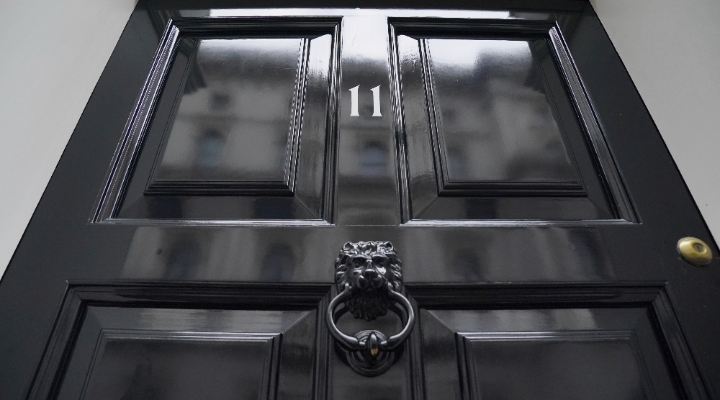This article is part of our Guide to Maximising Your Pension, helping investors build up the maximum possible pension pot – and turn it into the maximum possible retirement income.
Emma Wall: Hello and welcome to the Morningstar Series, Future Proof. I am Emma Wall and I'm joined today by Richard Parkin, Head of Pensions for Fidelity.
Hi, Richard.
Richard Parkin: Morning.
Wall: So we are running a Retirement Week Special this week, and we've reached Thursday, which is the day where we focus on those approaching retirement. And one of the great things about being someone who is approaching retirement in this day and age is at 55 you can get access to 25% of your pension pot tax-free. Should we be doing it?
Parkin: Well, generally, we suggest that people should stay invested as long as they can, unless they've got a very good reason to be taking the money out at age 55. They are pretty best at just leaving it in there.
Wall: And that's something that has come up with some studies over the last year since pension freedoms were introduced. People's Pension, for example, have found that people didn't realize they could do this. It may well be the fault of the media. We'll hold our hands up, that they thought not only was the 25% a real positive thing to take, but it was their only option. And that's not the case, is it?
Parkin: No, not at all. I think there has been a lot of talk about what people can do, but not very much about what people should do. So, no, there is no reason that you need to take anything or take any action either at 55 or even when you stop employment, you are free to take money from your pension as and when you want to. Generally, the view is you should only take it when you need it. So things to think about there are, do I have any debt that I might need to pay off. Quite often, and particularly, we've got unsecured debt. Then it's best to pay that off and get that out of the way rather than staying invested.
You might also think about what tax you're going to pay on the money you take out. People, particularly if they are still earning, will find that if they take a lump sum over and above the tax free cash, then I'm not paying tax on that as well. So you have to think very carefully about what you need the money for and then what the consequence of taking that are on your tax position.
Wall: What are the benefits of staying invested very simply?
Parkin: So, well, first, the most important one is that you continue to earn investment returns on your money. We do see people taking tax free cash and just putting it in their bank account, which given they may have 10 or 15 years left before they actually need the money is not great on today's rates of interest. So that’s the main reason.
There is a more subtle reason, though, in some cases, particularly if you are on a company pension scheme, you may be asked to effectively take your entire account if you try and take your tax free cash. We've seen some people effectively opting after pensions as a result and that’s not good, because not only do you lose future growth on your money, but you lose future contribution from your employer as well.
Wall: And I think that one very important thing to consider is this pension freedom is allowing us access. You alluded to it. Then you may not need the cash for 10, 15 years, in fact, much longer. We are living longer. We are much healthier during those years.
So the time that you are going to stop working, the time you are going to just drawdown on this cash may well be decades in the future. How does that affect your investment decisions? For example, in your personal pension, in your SIPP?
Parkin: So traditionally, the way that pensions had worked, particularly in workplace where is that you derisk, as we call it, yet to retirement. So what that means is you start off investing in growth assets like stocks and shares and then as you get closer to your chosen retirement date you will gradually move into say for assets like fixed-income bonds and cash.
Now, though, because people aren't necessarily going to take that money at retirement, there is an argument that says you should stay in those riskier, higher performing assets for longer and indeed the way that a lot of people have redesigned their investment strategies does exactly that.
Wall: Because the 10-year horizon at 30, to be honest, is no different to 10-year horizon at age 60?
Parkin: Well, that's absolutely right. I mean, you do have to think a bit more about the risk of the market suddenly falling. So the last thing you want to be doing is taking money out just after market fall. But there are new types of investment funds that, what we call, volatility managed, which effectively reduce the level of overall risk but still offer a much better return than you get from more conservative investments.
Wall: Richard, thank you very much.
Parkin: Thank you.
Wall: This is Emma Wall for Morningstar. Thank you for watching.




























